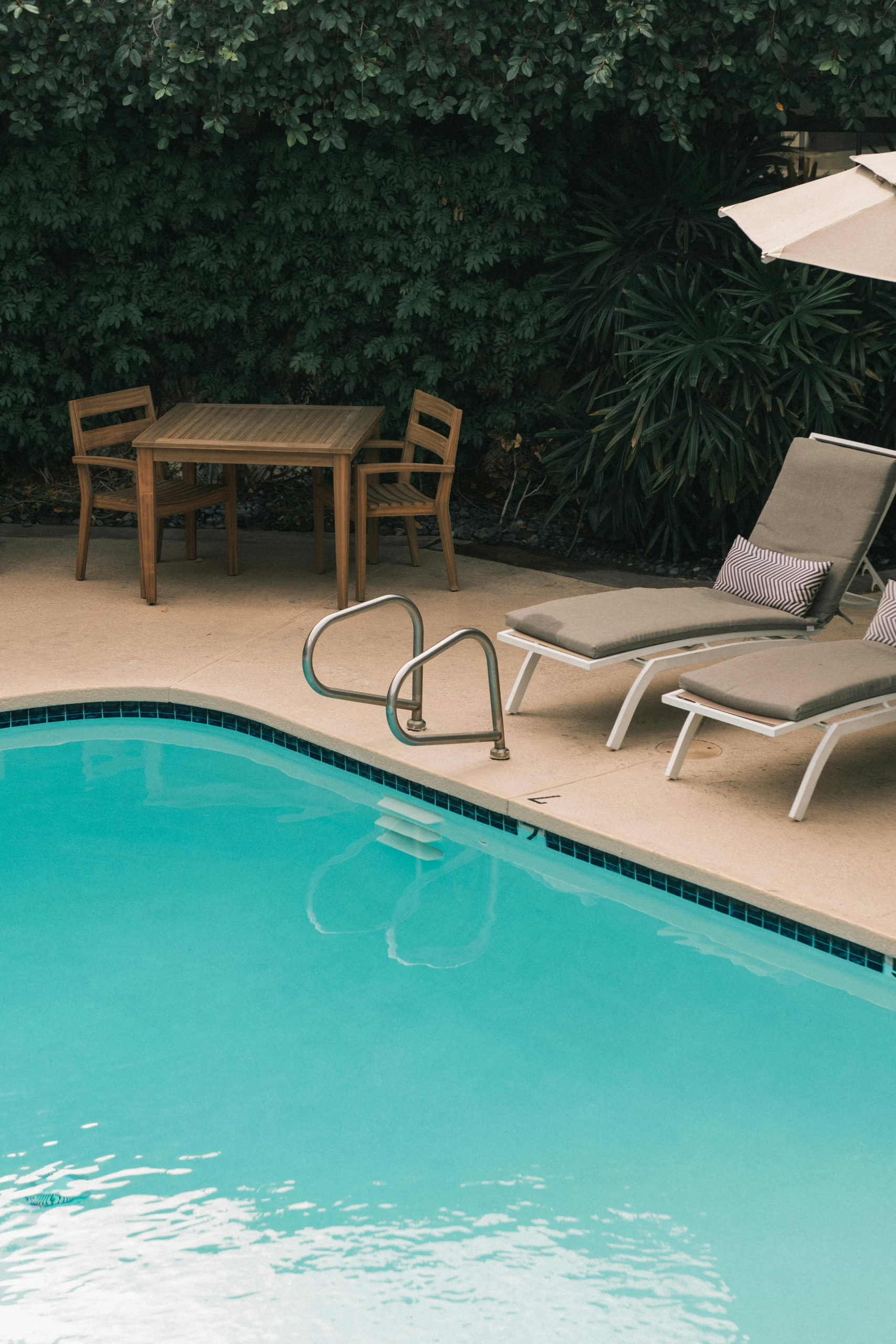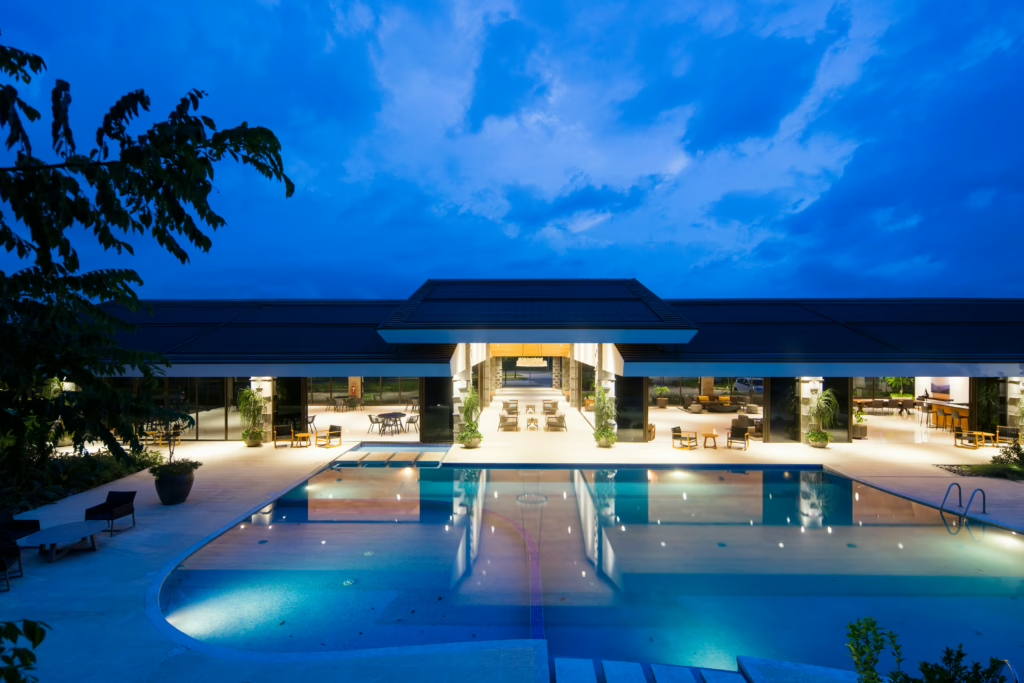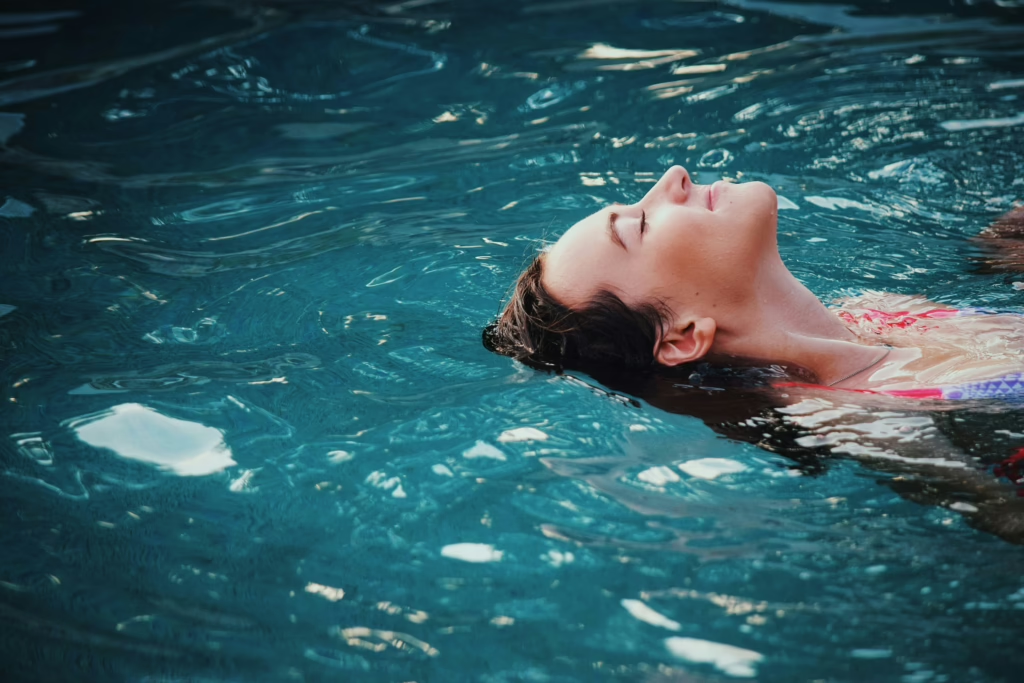A well-lit pool enhances your outdoor space’s safety and ambiance, ensuring you can enjoy nighttime swims and social gatherings without worry. However, pool lights can develop problems over time, just like any electrical system. Flickering, dimming, and other malfunctions often serve as early warning signs that shouldn’t be ignored.
In this article, we’ll explore the most common indicators of pool light issues and explain why promptly addressing them can save you from more significant, more expensive repairs down the line. If you’re searching for “pool light repair near me,” this guide will help you identify potential problems before they turn hazardous.
1. Flickering Lights
Flickering lights are among the most noticeable warning signs of a pool lighting issue. The flicker could be constant or intermittent, manifesting as a rapid blinking or a slower, pulsating effect.
Possible Causes
- Loose Connections: Over time, wiring and connections in the lighting system can become loose due to vibrations, temperature changes, or simple wear and tear. A loose wire can cause intermittent power flow, leading to flickering.
- Faulty Wiring: Damaged or corroded wiring can disrupt the steady flow of electricity, resulting in flickering lights.
- Voltage Fluctuations: An inconsistent voltage supply from your electrical system could also be at fault, requiring a professional assessment.
Why Ignoring Flickering Lights Can Lead to Bigger Issues
Flickering lights are more than a minor annoyance. They can signify underlying problems, such as damaged wiring or a failing transformer, which can escalate if not tackled immediately. Electrical issues in a wet environment pose serious safety risks. By addressing flickering early, you can prevent potential electrical hazards and avoid costlier repairs in the future.
2. Lights That Won’t Turn On
Nothing is more frustrating than heading out for a relaxing night swim only to find your pool lights completely unresponsive.
Common Reasons for No Power
- Burned-Out Bulbs: Sometimes, the simplest explanation is a burned-out bulb. Although bulbs in pool lights are built to withstand higher temperatures and water pressure, they don’t last forever.
- Tripped Breakers: If your pool light circuit is connected to a tripped breaker, the lights won’t power on. Check your electrical panel to ensure no breakers have flipped to the off position.
- GFCI Outlet Issues: Ground-fault circuit Interrupter (GFCI) outlets protect against electrical hazards. If they have tripped or malfunctioned, they may cut power to the pool lights.
When to Check the GFCI
If resetting the breaker doesn’t restore power, inspect the GFCI outlet. A tripped GFCI indicates possible water intrusion or wiring faults. Frequent tripping suggests an ongoing issue that warrants professional evaluation.
3. Dim or Discolored Lighting
Sometimes, your pool lights may still turn on but appear weaker or exhibit odd colors, hinting at more profound problems.
What Causes Dimming
- Voltage Drops: Long wiring runs or undersized wires can create voltage drops, leading to dimmer lights.
- Aging Bulbs: Certain bulbs—especially older halogen types—lose brightness over time.
Implications of Color Shifts
- Water Infiltration: In LED systems, a color shift might indicate water intrusion damaging internal components.
- Old Technology: Older LED or halogen systems may degrade over time, resulting in unusual hues or patterns.
Dimming or discolored lighting reduces the pool’s visual appeal and can compromise swimmers’ ability to see underwater contours. Early detection allows for repairs or upgrades that keep your pool lights looking vibrant.
4. Water Inside the Light Fixture
Pool lights are designed to operate underwater, but only when the fixture remains watertight.
How Water Intrusion Damages the Fixture
- Corrosion: Internal metal parts can corrode, leading to short circuits.
- Electrical Shorting: When water reaches electrical components, it can cause the entire light fixture to fail.
Warning Signs of Electrical Risks
- Condensation or Fog: Moisture behind the lens is a major red flag.
- Repeated Bulb Failures: Frequent burnouts might mean water is seeping inside.
Address water intrusion immediately to avoid permanent damage. To restore watertight integrity, a thorough inspection and replacement of seals, gaskets, or fixtures might be necessary.
5. Cracked or Damaged Light Covers
Light covers shield bulbs and wiring from water and pool chemicals. Any cracks or breaks undermine this protective barrier.
How Damaged Covers Affect Functionality
- Reduced Brightness: Dirt, debris, and water can enter and reduce visibility.
- Safety Risks: Sharp edges or incomplete covers can harm swimmers.
Risks of Leaving Cracked Covers Unaddressed
- More Water Intrusion: Even hairline cracks can let water in, compounding internal damage.
- Potential for Injury: Sharp glass or plastic edges may cause cuts or scrapes.
Replacing or repairing the cover when you notice damage helps maintain safety and light quality.
6. Increased Power Consumption
A malfunctioning pool light may draw more power than necessary, causing spikes in your electricity bill.
Why Malfunctioning Lights Lead to Higher Bills
- Overworked Components: If the light or transformer is failing, it might draw excess power to compensate.
- Frequent On/Off Cycling: Lights with intermittent issues could switch on and off repeatedly, wasting energy.
The Role of Outdated Technology in Energy Inefficiency
Older halogen systems consume more power than modern LED setups. If you notice unexplained surges in energy costs, upgrading to efficient LED lights can save money in the long run.
7. Lights Turning Off Unexpectedly
Intermittent operation can be as troubling as lights that don’t work.
What Causes Intermittent Operation
- Overheating: Some pool lights have thermal sensors that shut them off if the fixture overheats.
- Faulty Timer: Misaligned or malfunctioning Timers can cause random shutdowns.
Differentiating Wiring vs. Fixture Issues
Suppose the light restarts after it cools down; overheating may be the culprit. If the breaker trips or the GFCI resets each time, you may have wiring problems. A qualified technician can pinpoint which component needs attention.
8. Burning Smell or Signs of Overheating
A burning odor is a serious indication of electrical failure or excessive heat.
What a Burning Smell Indicates
- Wiring Damage: Insulation around wiring can melt if exposed to high temperatures.
- Electrical Faults: Short circuits or overloaded components can produce a scorching odor.
Why Overheating Lights Are a Safety Hazard
Overheating can result in fixture meltdowns, electrical fires, or underwater shock risks. If you notice burning smells, turn off the power immediately and contact a professional.
FAQs: Pool Light Repair Near Me
1. What are the signs my pool lights need repair?
Watch for flickering, dimming, and lights that frequently burn out or fail to turn on. Physical damage, such as cracks in the lens or visible water within the fixture, also indicates that your pool lights may need attention.
2. How much does pool light repair cost?
Repair costs depend on factors like damage extent, lighting system type (e.g., LED vs. halogen), and labor rates in your area. Replacing a simple bulb can be inexpensive, while wiring repairs or water damage often require a larger budget. A professional evaluation is the best way to get an accurate estimate.
3. Can I repair my pool lights myself?
Minor tasks like changing bulbs or tightening loose screws might be manageable for some pool owners. However, because pool lights combine electricity and water, more complex repairs—particularly those involving wiring or water intrusion—are safer in the hands of trained professionals.
4. What causes pool lights to stop working?
Pool lights can fail for many reasons, including burned-out bulbs, damaged wiring, or corroded connections. Water leaks are another frequent culprit; moisture can enter the fixture and damage internal components if seals or gaskets degrade.
5. How long do pool lights typically last?
The lifespan varies by type and usage. Standard halogen lights may only last a few hundred hours, while LED pool lights can function for thousands of hours under normal conditions. Regular maintenance, such as checking seals and cleaning lenses, helps light last longer.
6. Should I upgrade to LED pool lights?
LED lights are more energy-efficient, run cooler, and often provide brighter illumination than older technologies. While the initial costs can be higher, many pool owners find that the long-term energy savings and reduced maintenance make LED upgrades worthwhile.
7. Why are my pool lights flickering?
Flickering can result from inconsistent voltage, loose connections, or a failing driver (in the case of LED systems). If you notice ongoing flicker, you must investigate promptly to prevent further damage or potential electrical hazards.
8. Do I need to drain the pool to repair the lights?
Typically, no. Most pool light fixtures are designed to be accessed and repaired without draining the pool. However, extensive fixture replacements or certain wiring repairs might require lowering the water level.
9. How can I extend the life of my pool lights?
Regularly inspect your fixtures for cracks and water seepage and keep the water chemistry balanced to reduce corrosion. Cleaning debris or mineral buildup from the lens also helps maintain brightness and performance. Another key factor is following the manufacturer’s specifications on bulb type and wattage.
10. How long does pool light repair take?
Minor fixes, like swapping out a bulb, can often be completed within an hour. More complicated tasks, such as repairing wiring or addressing water damage, may take several hours or require multiple visits. Getting a professional assessment ensures a reliable timeline.
Final Thoughts
The symptoms of failing pool lights are varied, from flickering or dimming to cracked fixtures and unexplained power consumption. Recognizing these red flags allows you to take timely action, saving money and reducing potential hazards.
For expert pool light repair services, trust PoolLogic San Diego. If you’ve been searching for “pool light repair near me,” our certified technicians are ready to diagnose and fix any pool lighting issue, keeping your pool safe and inviting year-round. Contact us today to schedule an inspection or learn more about our services!



